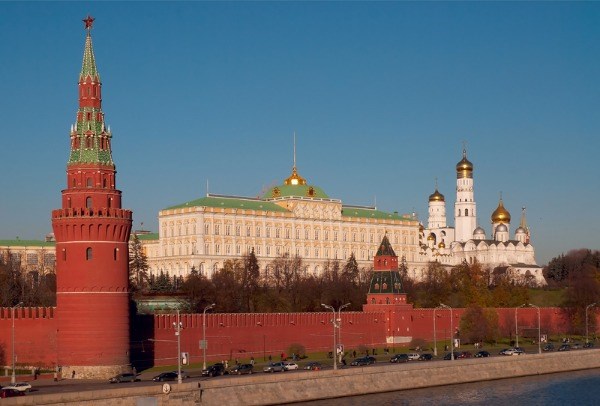Kremlin files case against Facebook and Twitter
Russia’s federal communications censorship agency, RosKomNadzor, has initiated an administrative case against Facebook and Twitter due to their non-compliance with Russia’s law on personal information.
The department’s press service reported that the two social networks which, according to BR Analytics, have 2 million content creators and 210 million messages on a monthly basis, have failed to provide proof within the stipulated time frame that they are complying with the requirement to localize the database of Russian users on servers located within Russia.
In accordance with article 13.11 of Russia’s Administrative Code, they could face a fine of 1-6 million rubles ($15,700-$94,100). A protocol of violation was signed in the presence of a Twitter representative, but no Facebook representative attended the signing of the document.
RosKomNadzor will send the protocol to court over the next three work days.
Alexander Zharov, head of RosKomNadzor, said in January 2019 that the social networks, which are obligated to store personal user data within Russia, have made no concrete plans or time frames for localizing their data storage.
However, at the time, the fines for non-compliance were laughable – 5,000 rubles ($78). In December, Vladimir Putin signed a decree to make the penalties more severe, the equivalent of around $1,570-$3,140 for officials and $15,700-$94,100 for legal entities.
In the event of a second violation, the fine is around $7,800-$12,500 for officials and $94,000-$282,200 for companies.
If the social networks persist in their refusal to comply, they could be completely banned in Russia, Zharov threatened in September 2017.
LinkedIn has already been banned in Russia for failure to comply with Russia’s data localization laws. The network, which has more than 6 million registered users in Russia and more than 460 million internationally, was blacklisted by RosKomNadzor in November 2016. Putin’s press secretary Dmitry Peskov said at the time that the Kremlin does not believe the blocking of social networks can be considered censorship.
